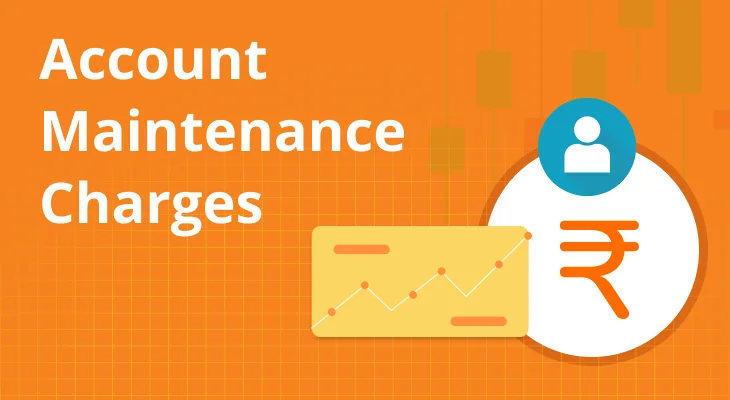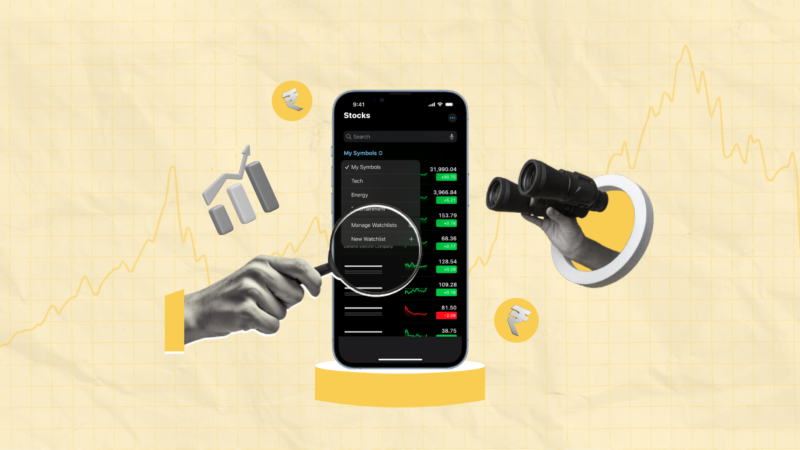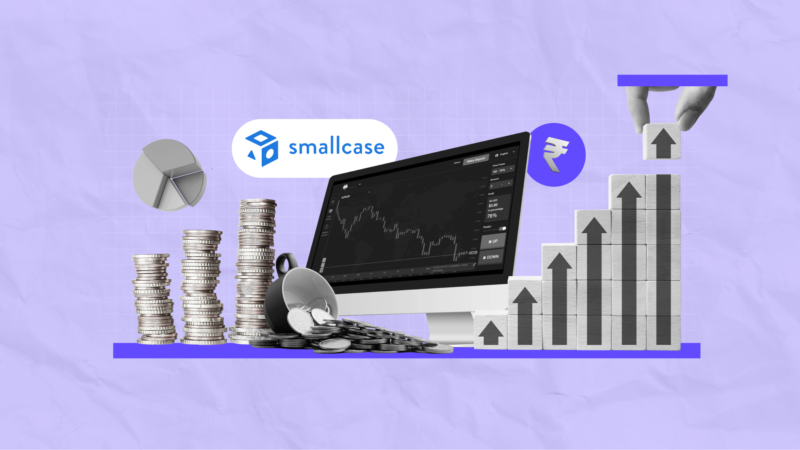All about Demat account maintenance charges.

Before the introduction of online stock trading platforms, buying and selling shares was a cumbersome process. Investors had to maintain physical share certificates for all the stocks in their portfolio. It was common for investors to lose their share certificates due to physical damage or theft. However, dematerialised or demat accounts changed all that. They allowed investors to convert and store all their physical share certificates into electronic form, thereby eliminating the risk of damage and theft. Nowadays, all stockbroking firms allow investors to open demat accounts for storing their shares. For this service, they charge a nominal annual maintenance charge or AMC.
There are mainly four types of charges levied by stockbroking firms on demat account holders:
- Account Opening Charges: To open a demat account, it is necessary to avail the services of depository participants (DPs) such as brokers. Most brokers levy a one-time charge for opening an account with a depository. This is a nominal fee for providing investors the service of operating a demat account. At m.Stock, investors can choose from two account opening plans. They can avail zero brokerage across all segments with a one-time fee of ₹999. Alternatively, they can choose a low-brokerage plan by a one-time fee paying ₹149.
- Annual Maintenance Charges: Along with the one-time account opening charge, brokers also charge fees for demat accounts. This charge may be levied on a quarterly or annual basis. Note that this fee is mandatory and cannot be waived off. It has to be paid irrespective of whether there is any transaction in the demat account. m.Stock gives investors the option of paying a one-time fee of ₹999 and making their demat account AMC-free for life.
- Transaction Charges: Depository participants also charge investors for the transactions in their demat account. This may be levied each time shares are debited from or credited to the demat account. Some DPs charge a percentage of the transaction amount, while others charge a flat fee for every transaction.
- Custodian/Safety Charges: Depository participants charge traders a minimal fee for the safe custody of investors’ securities. These charges depend on the number of securities held in the demat account.
Conclusion
Apart from other demat account charges discussed above, there may be additional charges such as credit fees, rejected instruction fees, taxes and cess, delayed payment fees, etc. Therefore, it is important for investors to check all the fees related to their demat account while choosing a broker.




